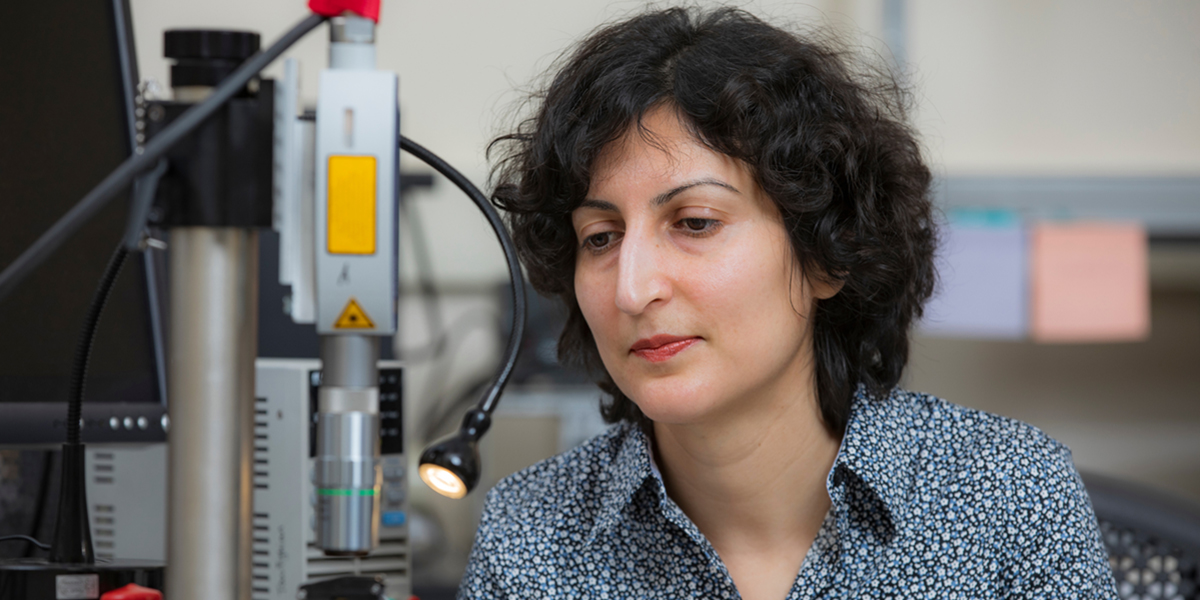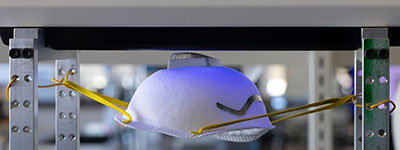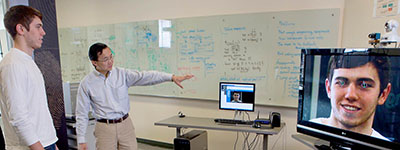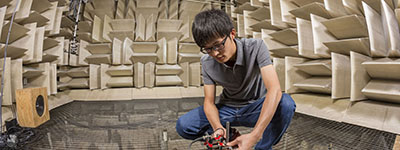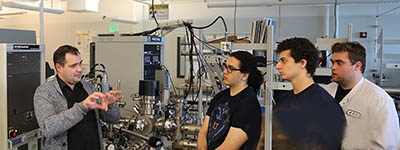Watson College Research: Building the Future
Research News
Invent Your Future at Watson
Our research into real-world problems pairs faculty and students with partners in industry and academia from around the world. Together, we strive to solve today’s most pressing issues — such as those in healthcare, clean energy, cybersecurity and autonomous systems — while developing our graduate students into skilled researchers whose discoveries today will shape the future of engineering and science.
Our graduate programs include:
-
-
- Biomedical Engineering (MS, PhD)
- Computer Science (MS, PhD)
- Information Systems (MS)
- Electrical and Computer Engineering (MS, PhD)
- Healthcare Systems Engineering (MS)
- Industrial and Systems Engineering (MS, PhD)
- Systems Science (MS, PhD)
- Materials Science and Engineering (MS, PhD)
- Mechanical Engineering (MS, PhD)
-
Learn about graduate study at Watson
Explore Watson's Research Areas
Since its founding in 1983, Watson has developed a strong history of research in the areas of small-scale systems, electronics packaging, information security and intelligent systems. Faculty and students are building on that foundation with new scientific breakthroughs to power tomorrow’s technologies.
Student Research
Our students are creating solutions for real-world problems. For her master's thesis in electrical engineering, Mya Landers researched paper-based microbial fuel cells and circuit components. She presented bacterial metabolism-fueled biobatteries on a paper substrate as a potential power source for disposable circuits — a novel approach that earned Landers a journal publication in Nano Energy.
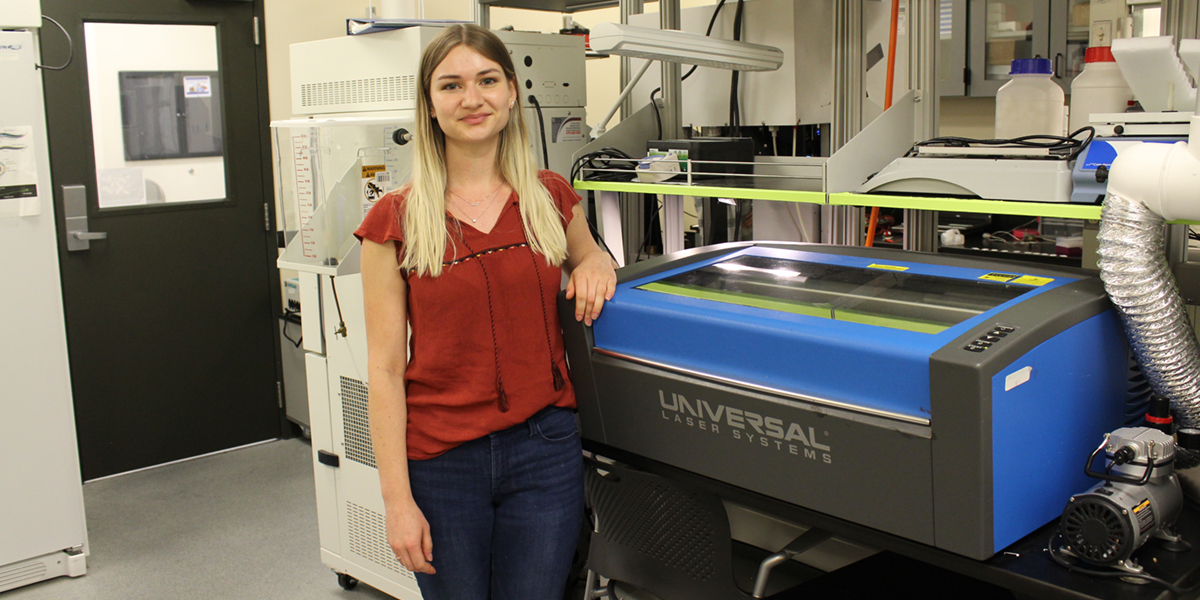
I had access to incredible mentorship from faculty members who are experts in their field, and I was given a great deal of freedom and independence in my research ventures. I was able to interact with subject matter in a way that surpasses traditional coursework.
— Mya Landers ’21, MS ’22
